The Philippines has extended its rice competitiveness support program until 2031 with a three-fold increase in annual support funds.
The latest information from the Vietnam Trade Office in the Philippines said that on December 9, President Ferdinand R. Marcos Jr. signed into law Law No. 12078 amending Law No. 11203 (Rice Trade Liberalization Law, enacted in 2019, which removed import quotas and allowed entities to freely participate in rice import, export and distribution) stipulating the extension of the "Rice Competitiveness Enhancement Fund" (RCEF) until 2031 with an annual support fund tripled to enhance and ensure food security; at the same time, helping millions of Filipino farmers escape hardship and poverty.
Law No. 11203 was enacted by the Philippines in 2019 to ensure food security, while enhancing efficiency and competitiveness for the Philippine agricultural production sector, especially the rice sector.
The law establishes a six-year, 2024 Philippine Rice Competitiveness Enhancement Program to enhance farmers’ competitiveness in the face of global competition. The program involves various Philippine agencies including the Department of Agriculture, the Agricultural Training Institute, the Crop Management Bureau, the Center for Postharvest Development and Mechanization, the Rice Research Institute, the Technical Education and Skills Development Authority, and the LandBank.
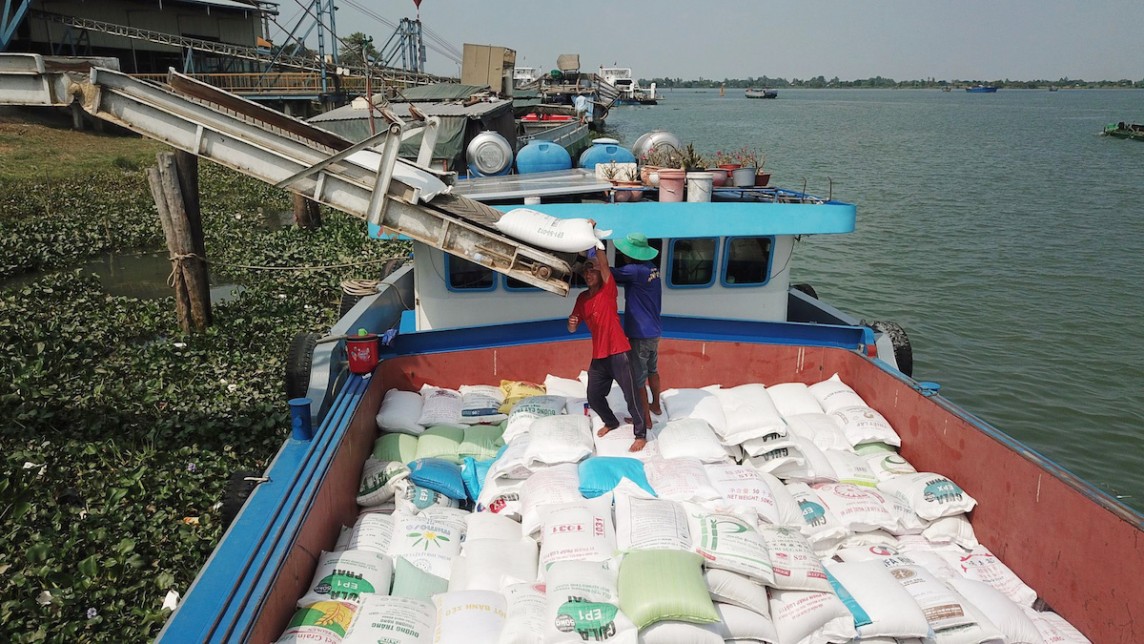 |
| Philippines extends rice competitiveness support program until 2031. Photo: Khanh Trung |
Under this program, within 6 years from 2019, the Philippines will spend 10 billion pesos each year, the amount taken from rice import tax revenue, to support rice farmers with machinery, equipment and production tools, develop high-yield and high-quality rice varieties, provide loans and other post-harvest support services.
A total of 57 provinces/cities in the Philippines with rice growing areas will benefit from this program. The direct beneficiaries are rice farmers and their organizations. The program will last until the end of 2024.
With the enactment of Act No. 12078, the Philippine Rice Competitiveness Support Program will be extended until 2031 with an annual fund of P30 billion, triple the previous period. The program will increase support for high-yield and high-quality rice seed production programs, production mechanization, training, soil fertility improvement, pest and disease control, and irrigation.
Philippine Agriculture Secretary Francisco P. Tiu Laurel Jr. said that extending the program is not just an investment in the agricultural sector but also an investment in the country's economic future.
In addition, Law No. 12078 also authorizes the National Food Authority (NFA) to supply rice reserves to government agencies and public utilities, through KADIWA centers, in the event of food shortages or excessive increases in food prices that destabilize the market. The law also allows the NFA to supplement the deficit in reserves by purchasing rice from domestic farmers or importing rice in the event of insufficient domestic supply.
Law No. 12078 also provides the President with the authority to decide on the importation of rice at a low tariff for a certain period of time and/or a certain import volume. In the event of an excessive decrease in the price of rice in the domestic market, the President has the authority to decide to suspend the importation of rice for a certain period of time and/or a certain volume until the domestic rice supply and price stabilize.
According to trade data, the Philippines imported a total of 3.68 million tons of rice by the end of October 2024. This figure marked a significant increase compared to the same period last year and exceeded the total rice imported for the whole of 2023 (3.61 million tons).
Of which, Vietnamese rice continues to affirm its leading position with 2.91 million tons of rice exported to the Philippines, accounting for more than 79% of the island nation's import market share.
Thailand ranked second with 457,673.28 tons, accounting for 12.4%. Next was Pakistan with 162,369.48 tons, accounting for 4.5%, Myanmar 114,766.75 tons and India 22,039.04 tons.
With this growth trend, the Philippines' total rice imports for the whole year 2024 are forecast to reach 4.5 million tons.
Not only rice, other Vietnamese export items to the Philippines also recorded impressive growth in the first 9 months of 2024. The total two-way import-export turnover between Vietnam and the Philippines reached nearly 6.5 billion USD, an increase of more than 20% over the same period in 2023.
Source: https://congthuong.vn/philippines-gia-han-quy-tang-cuong-suc-canh-tranh-nganh-lua-gao-363758.html


![[Photo] Bustling construction at key national traffic construction sites](https://vstatic.vietnam.vn/vietnam/resource/IMAGE/2025/5/2/a99d56a8d6774aeab19bfccd372dc3e9)


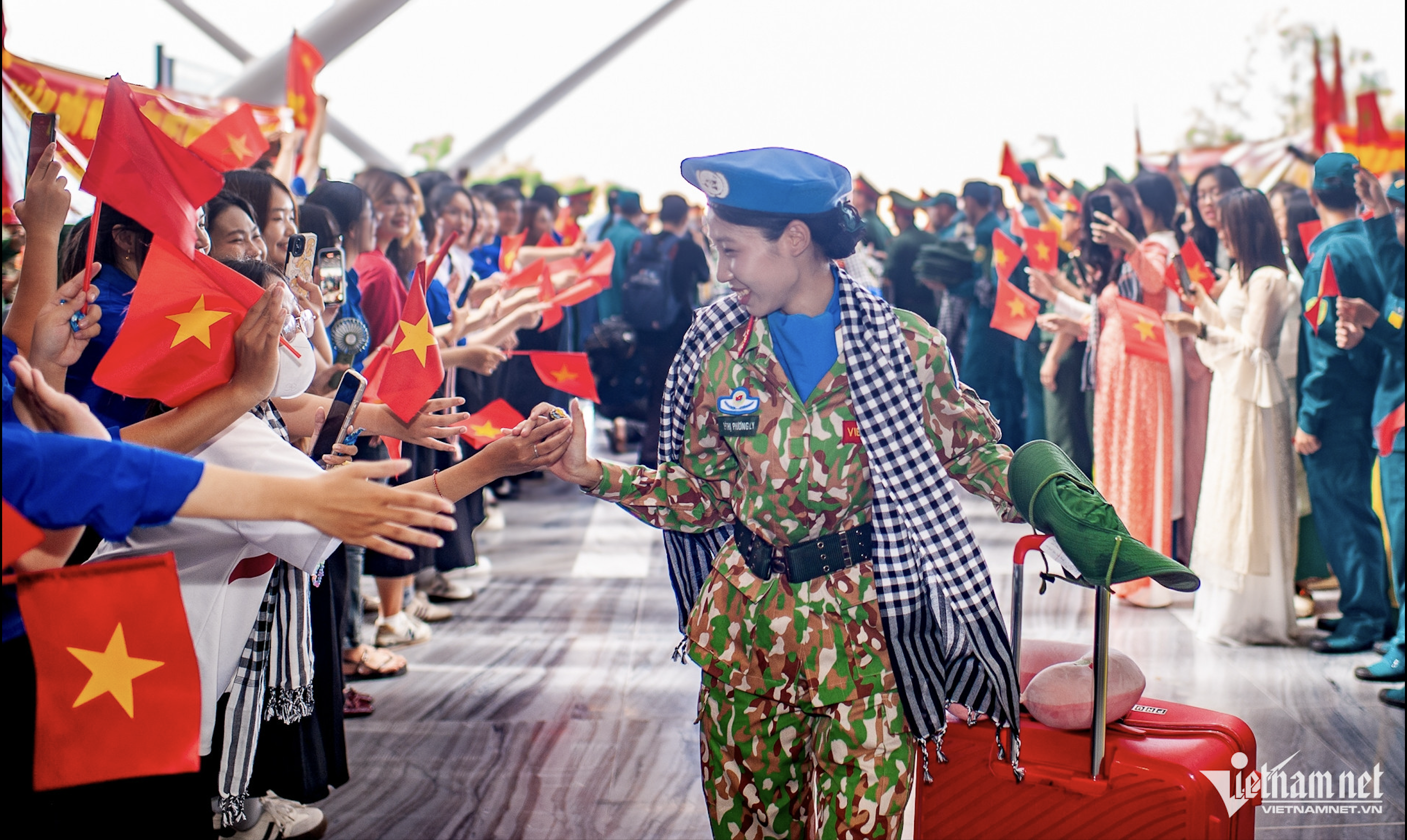

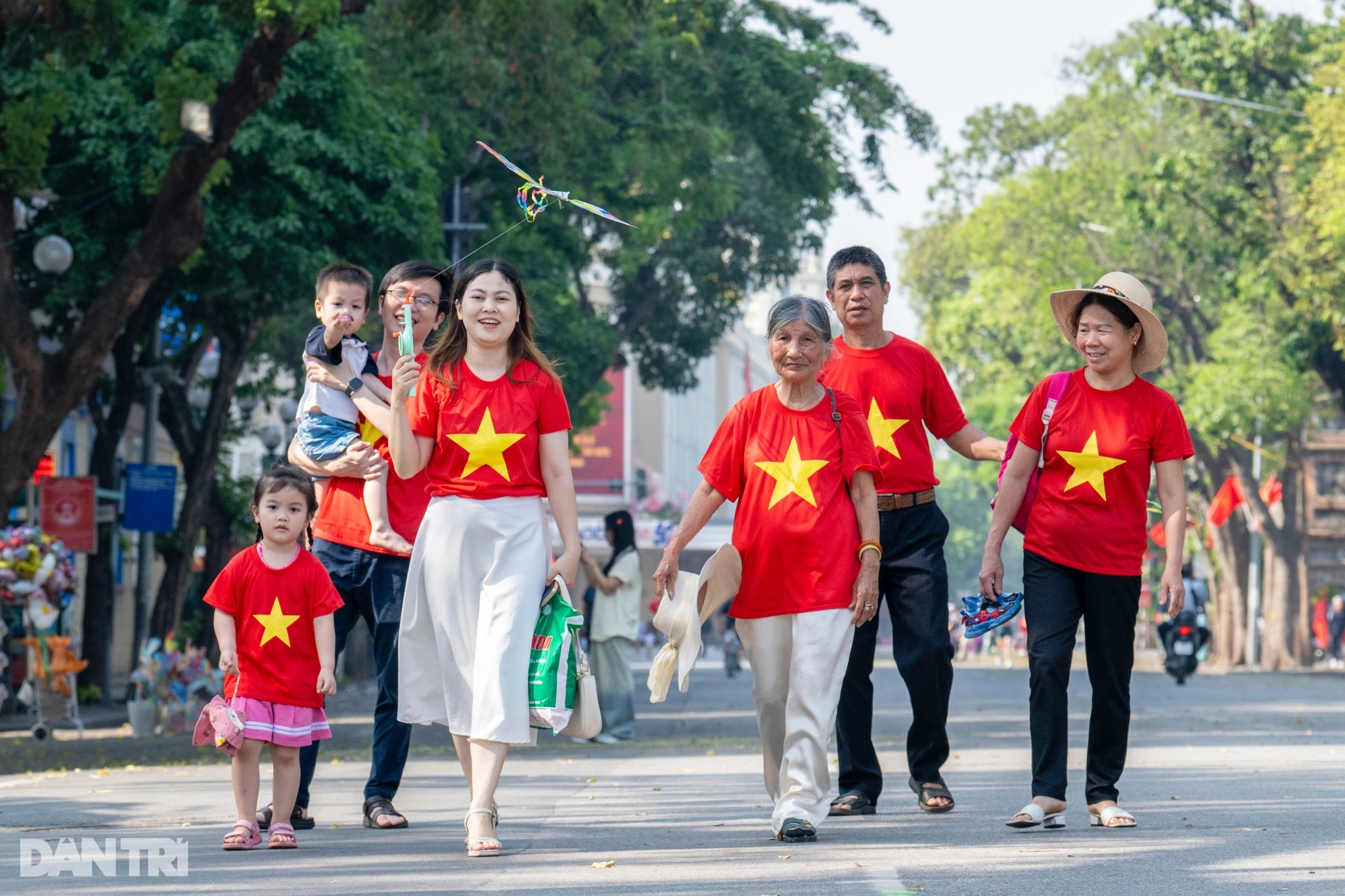
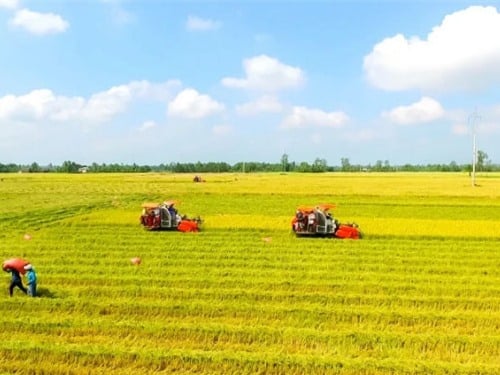


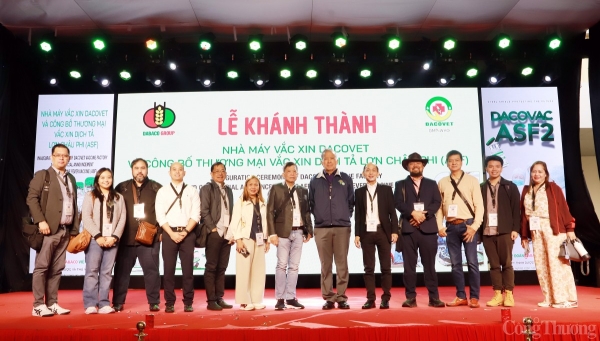


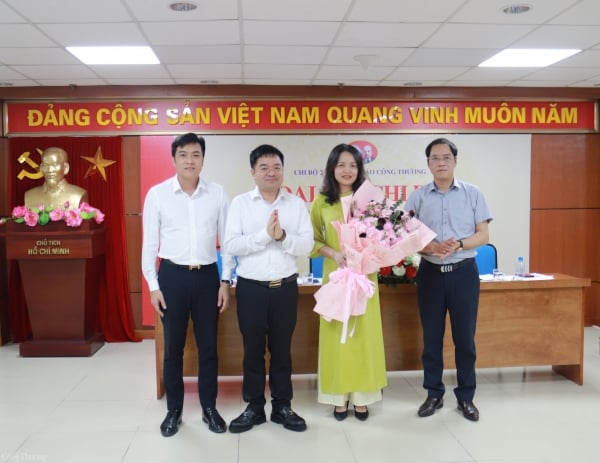
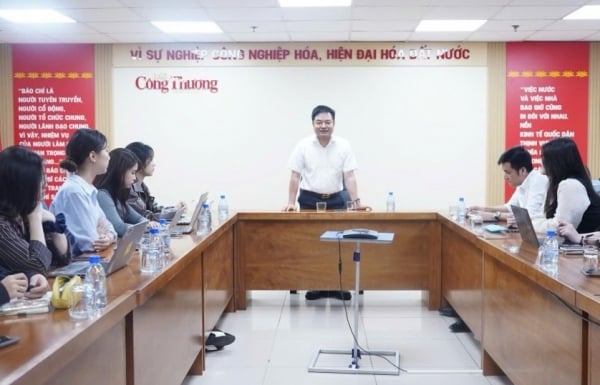

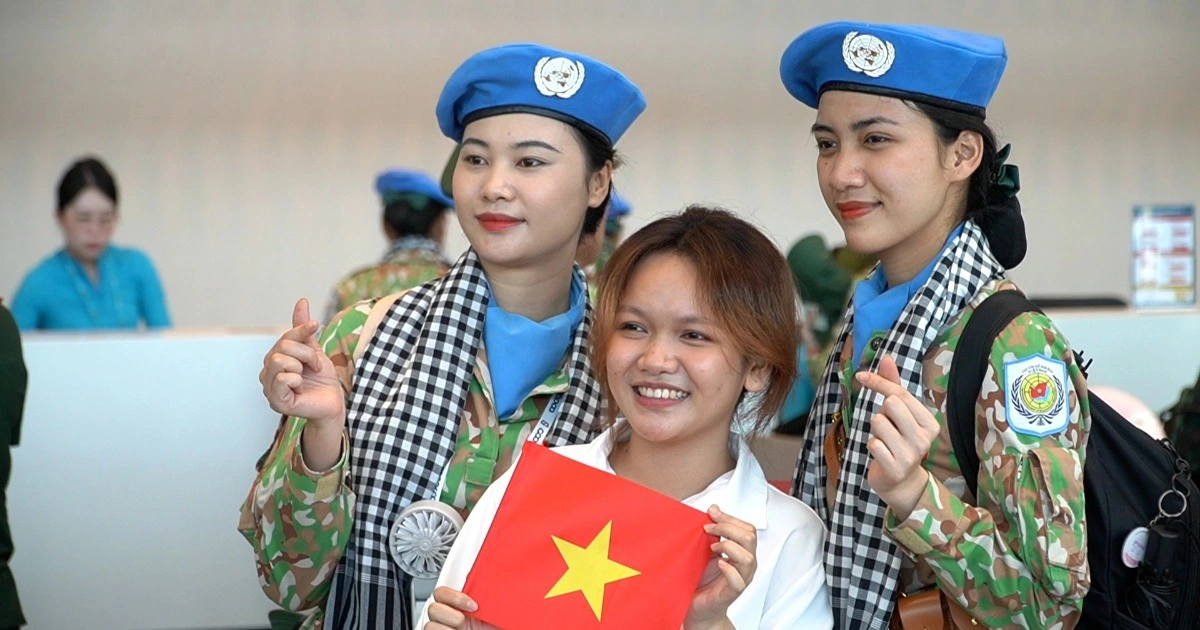

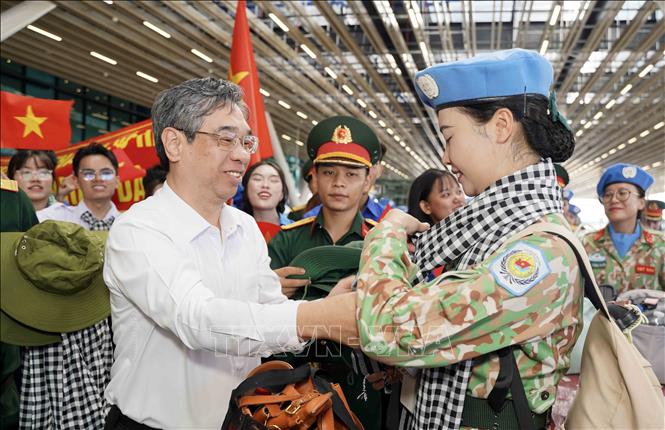

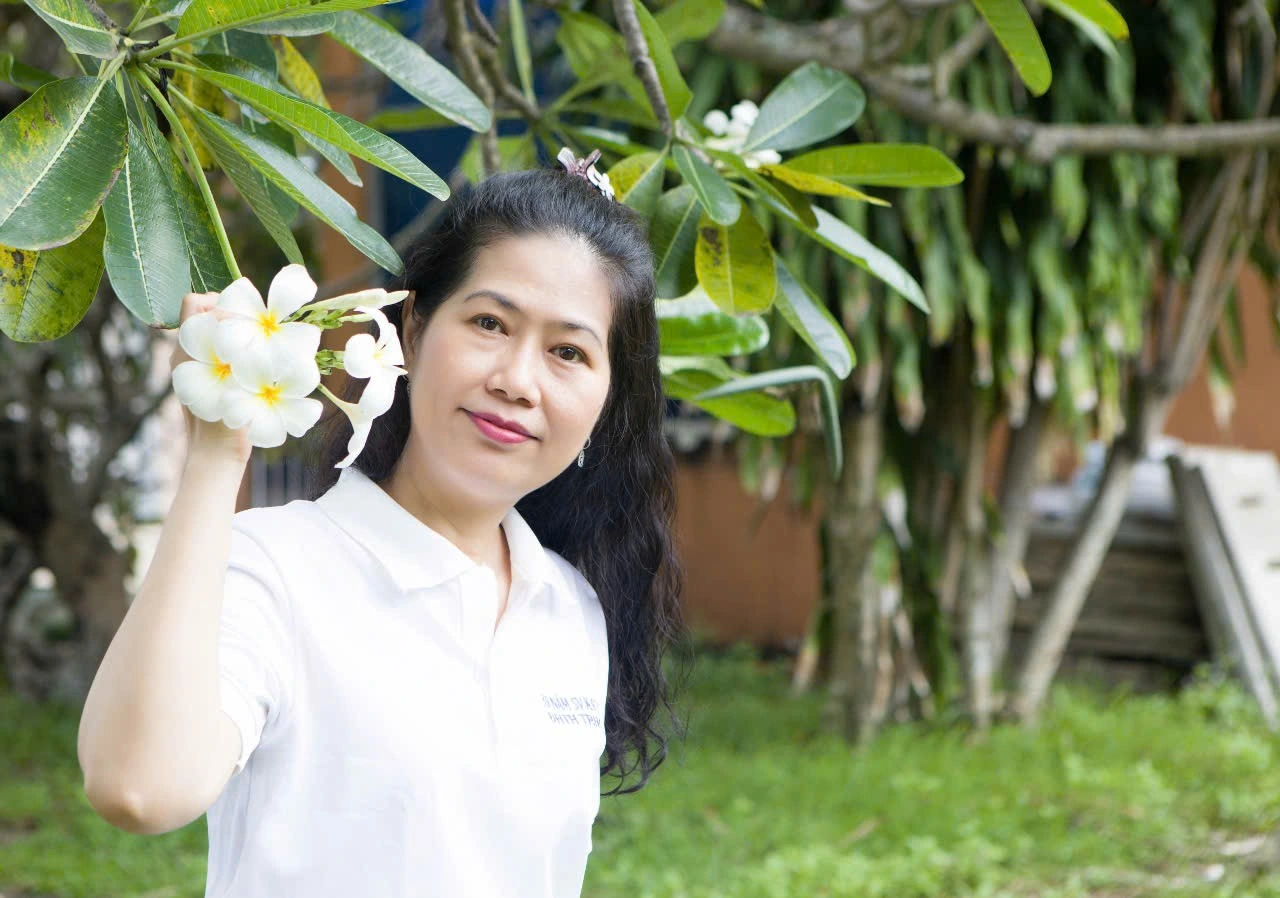


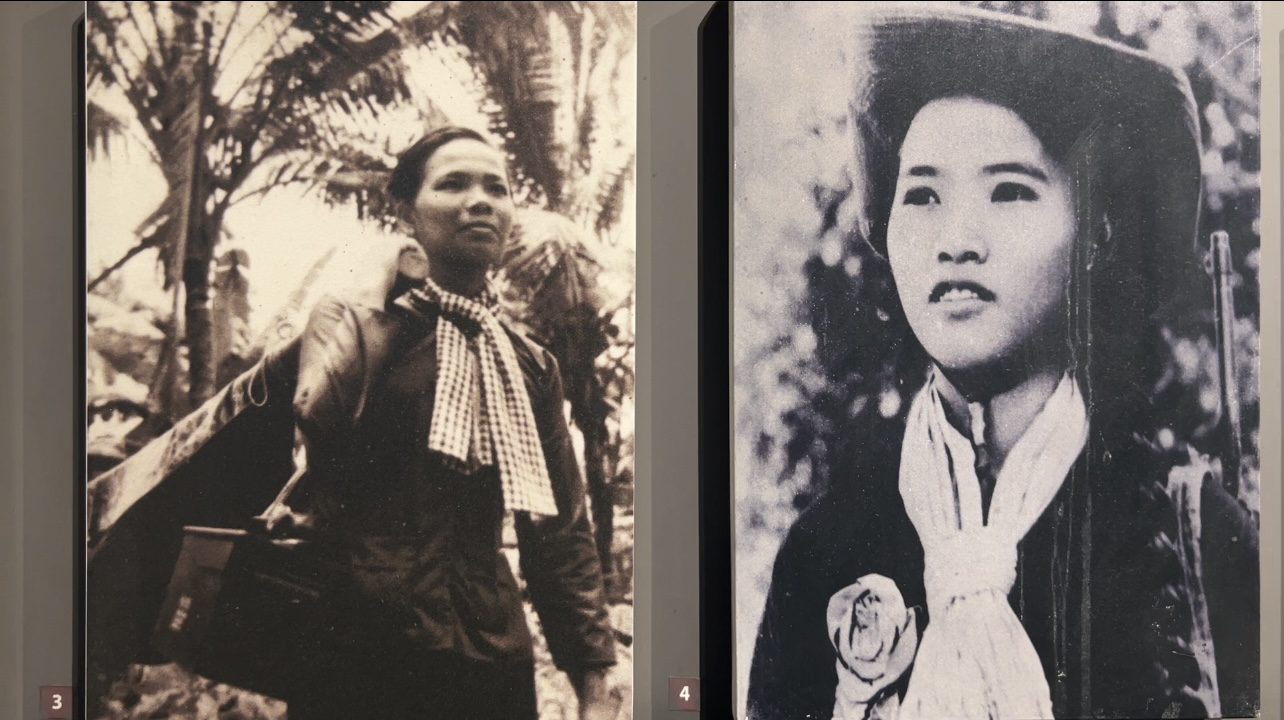

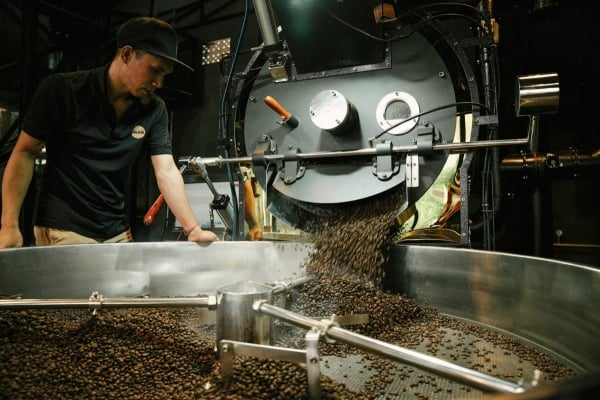
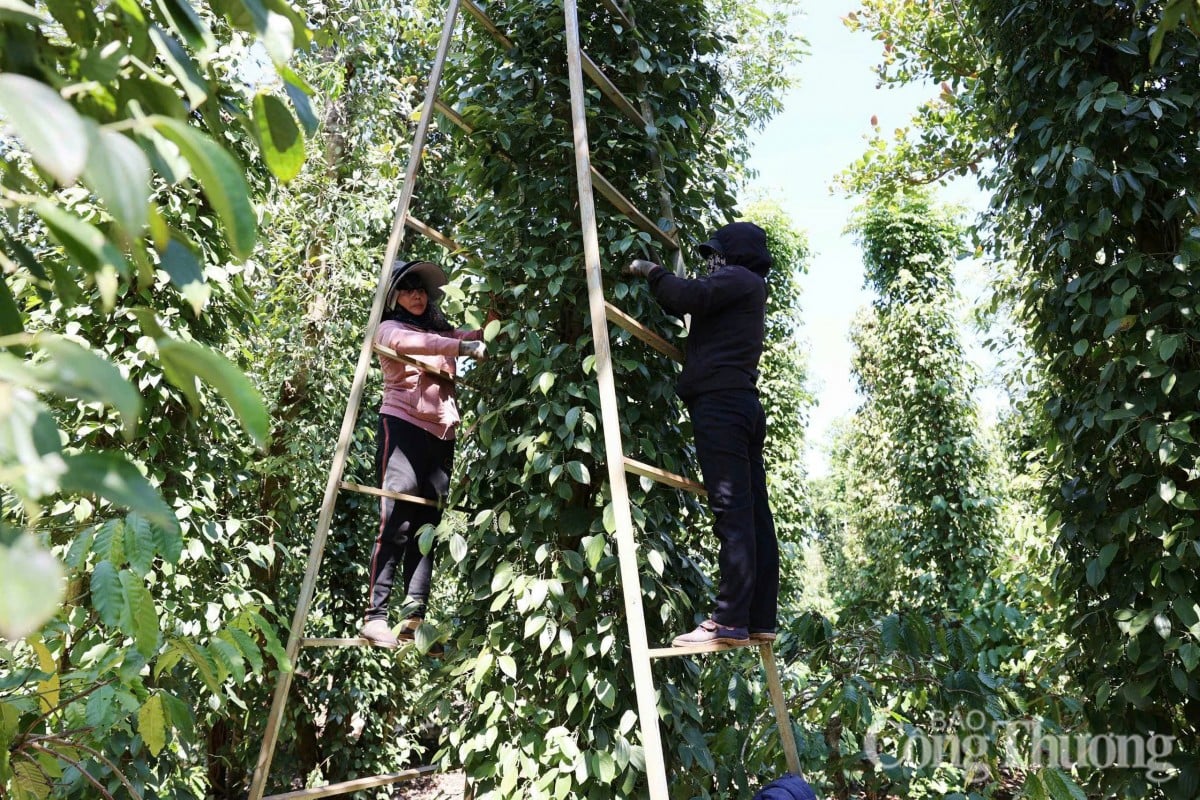
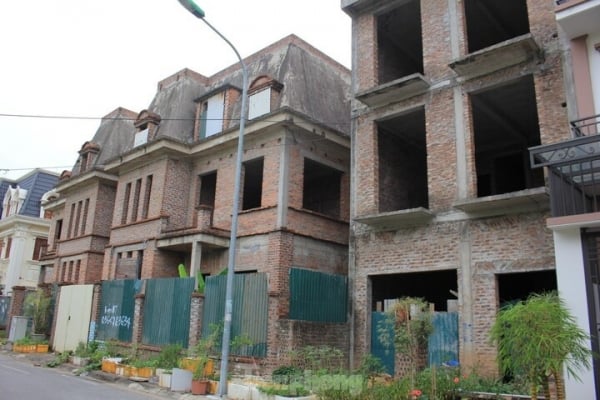
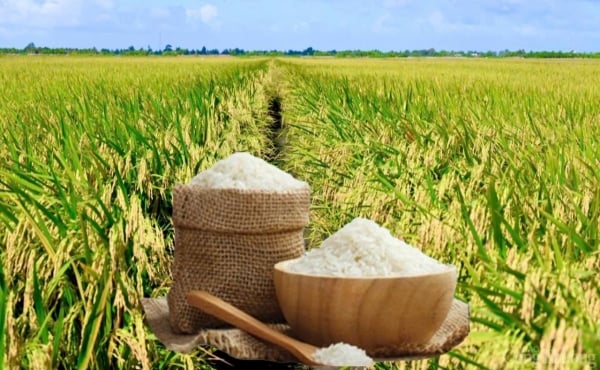

![[Photo] Binh Thuan organizes many special festivals on the occasion of April 30 and May 1](https://vstatic.vietnam.vn/vietnam/resource/IMAGE/2025/5/1/5180af1d979642468ef6a3a9755d8d51)
![[Photo] "Lovely" moments on the 30/4 holiday](https://vstatic.vietnam.vn/vietnam/resource/IMAGE/2025/5/1/26d5d698f36b498287397db9e2f9d16c)
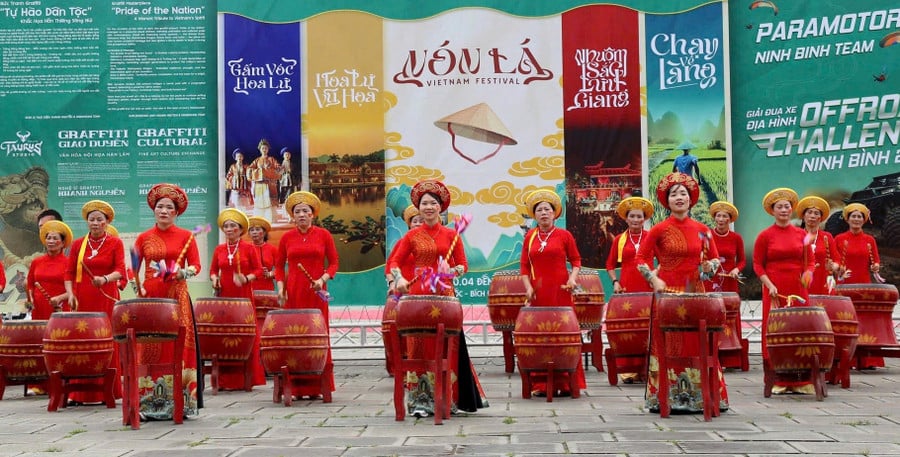

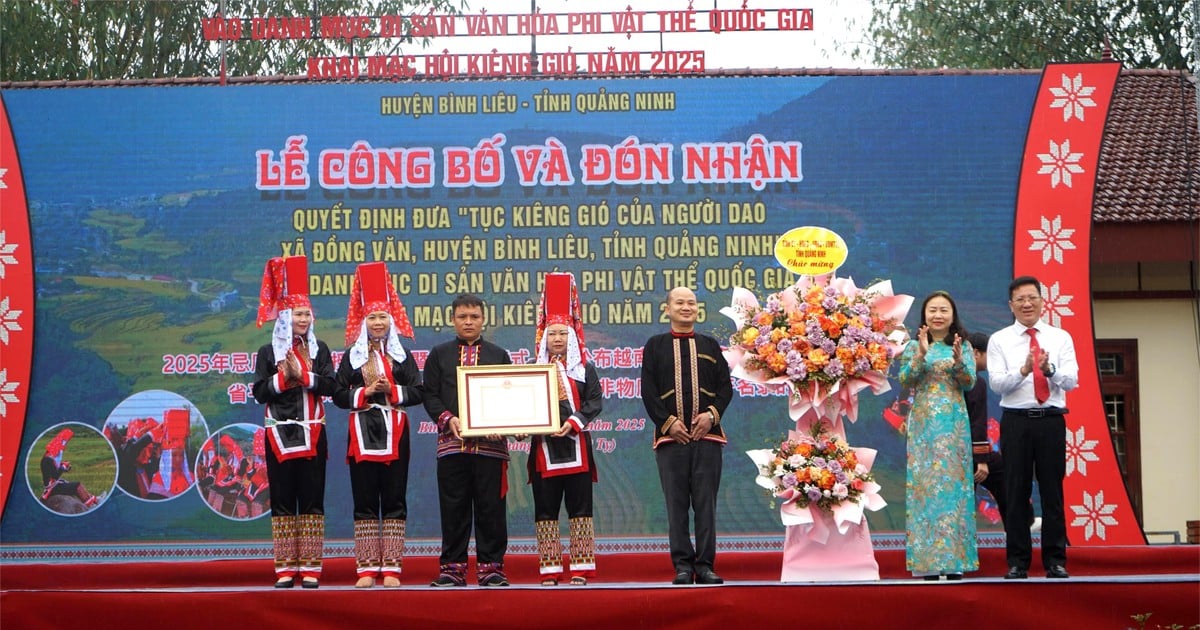











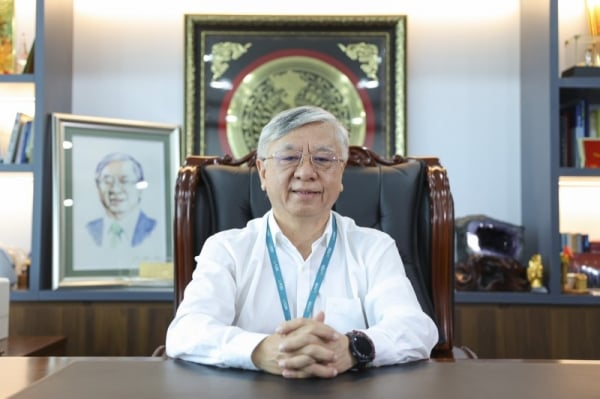

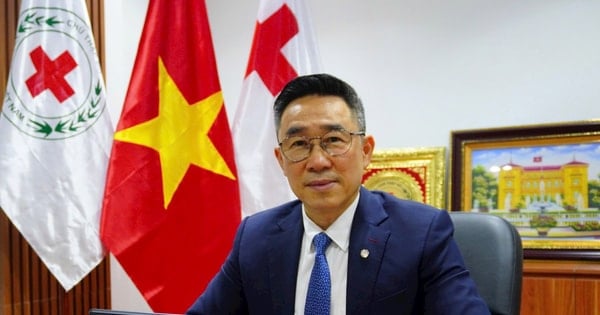




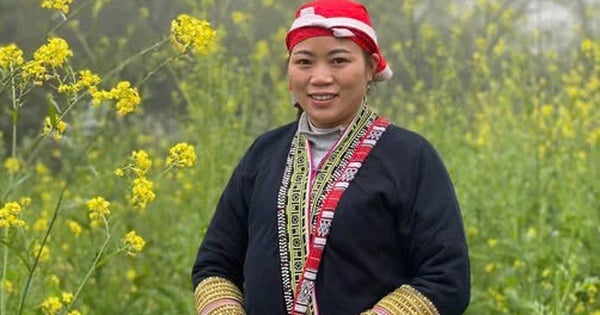












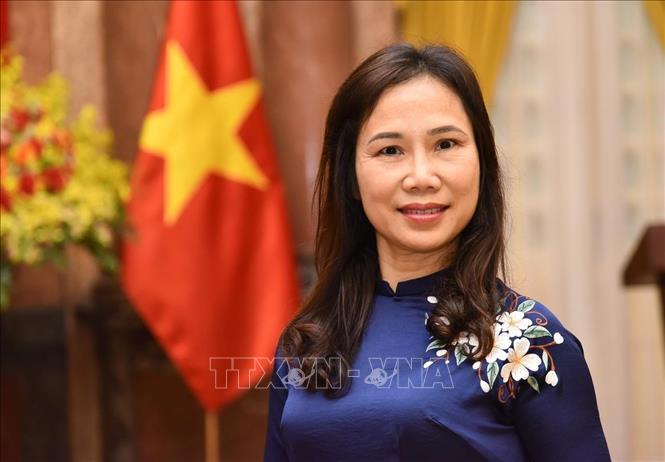

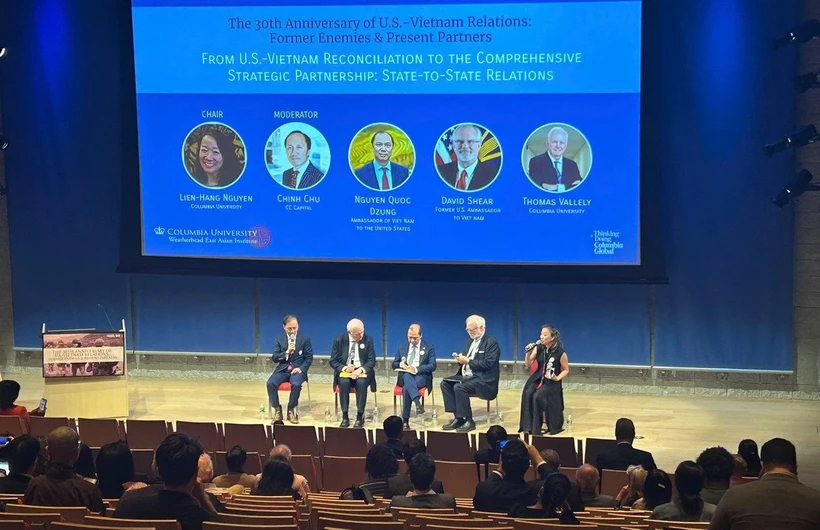
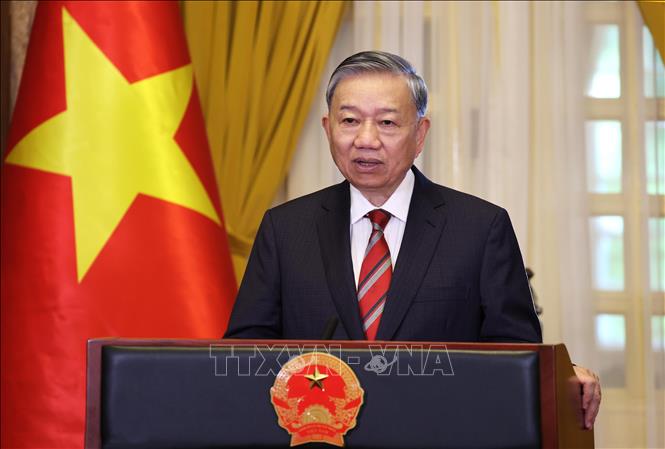
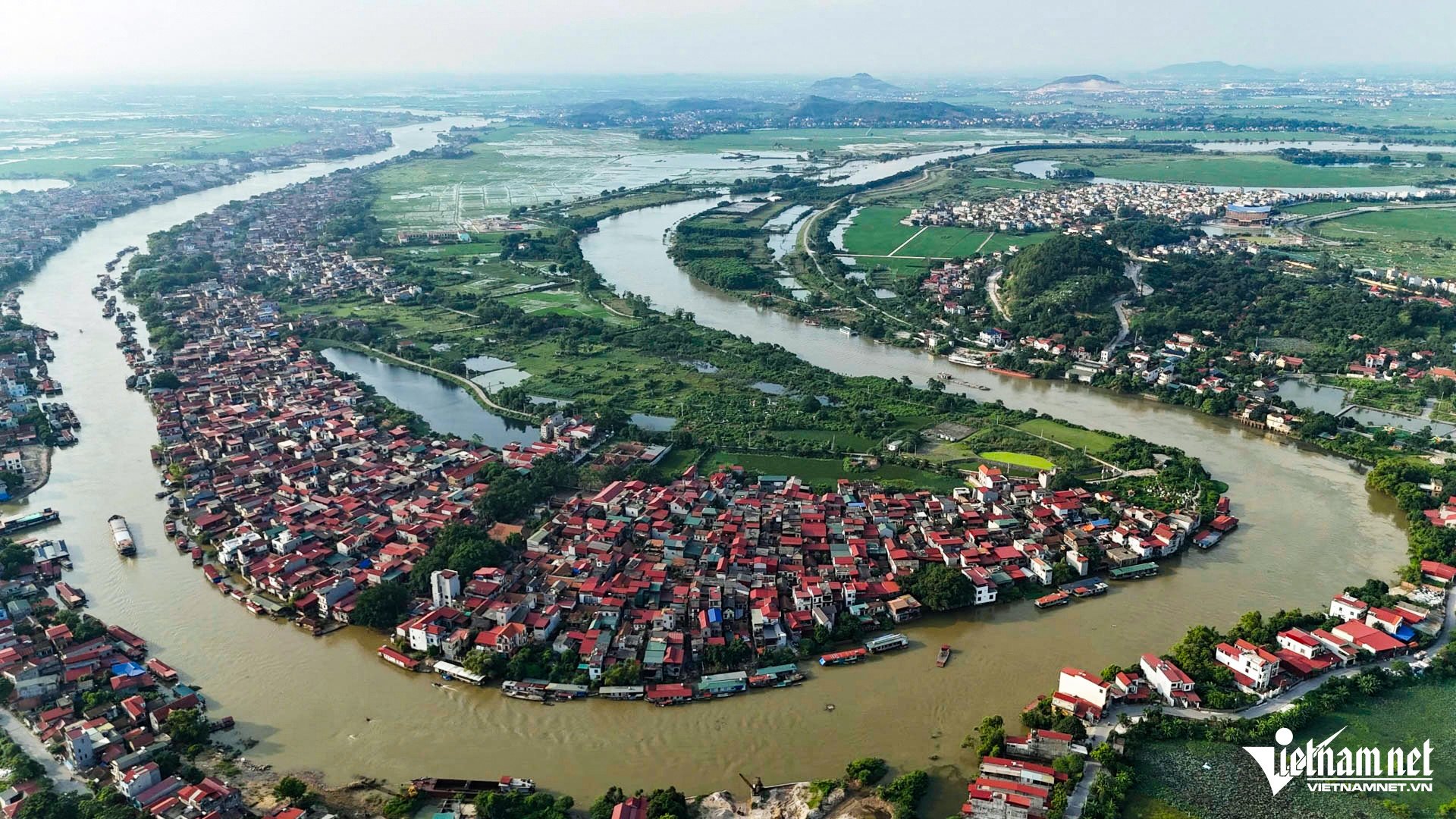

















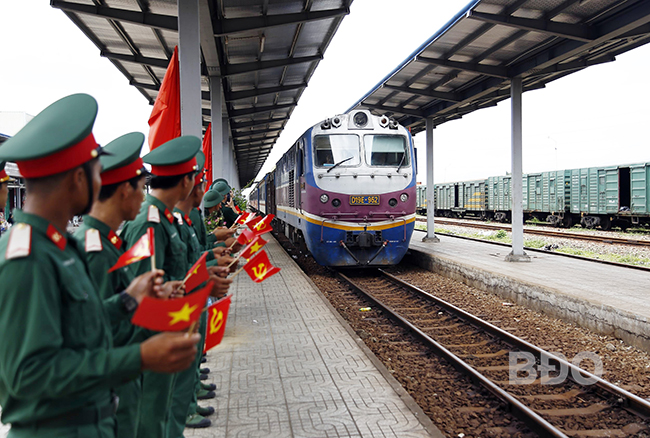




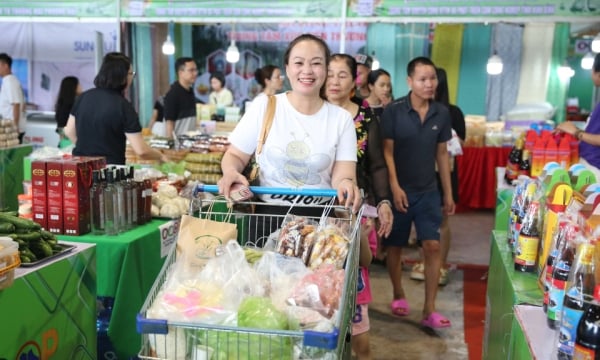
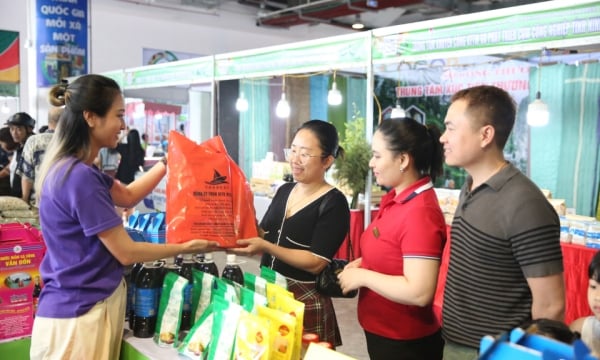



Comment (0)